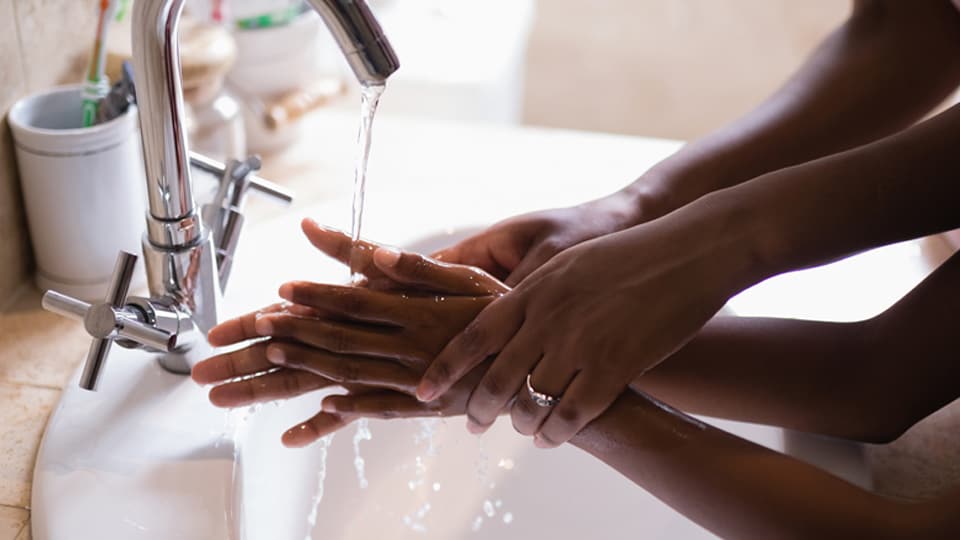At a glance
Get in the habit of being a preparedness role model for your family and in your community. Modeling healthy behaviors, attitudes, and habits, like getting a seasonal flu vaccine and frequent handwashing, can inspire others to do the same.

The Basics
- Children like to help. Involve them in gathering emergency supplies and in learning practical skills, such as effective handwashing and how to cover coughs and sneezes.
- Practice and teach others everyday preventative actions that can help slow the spread of germs:
- Stay home when you are sick
- Avoid close contact with people who are sick
- Cover your mouth and nose with a tissue (or inside of your elbow) when you cough or sneeze
- Avoid touching your eyes, nose, and mouth with unwashed hands
- Clean and disinfect frequently touched objects and surfaces
- Wash your hands often—especially at key times when you are likely to get and spread germs—with soap and water for at least 20 seconds.
- Stay home when you are sick
- Get a flu vaccine every year before flu activity begins in your community. Everyone 6 months of age and older should get a vaccine every season with rare exceptions. CDC recommends getting vaccinated by the end of October.
Content Source:
Office of Readiness and Response
